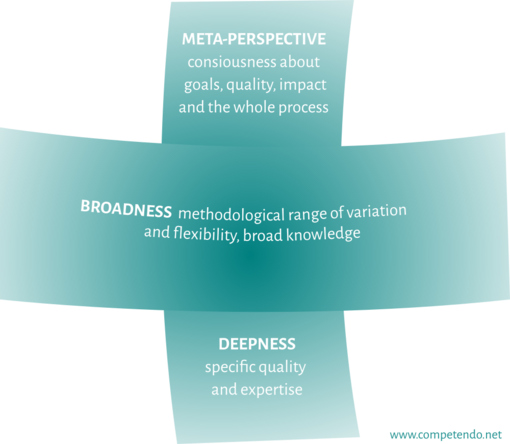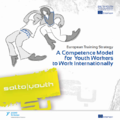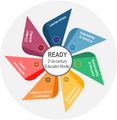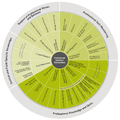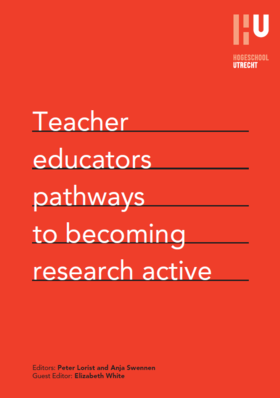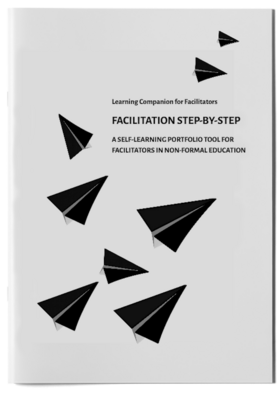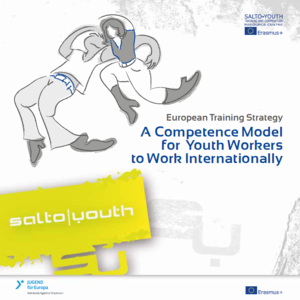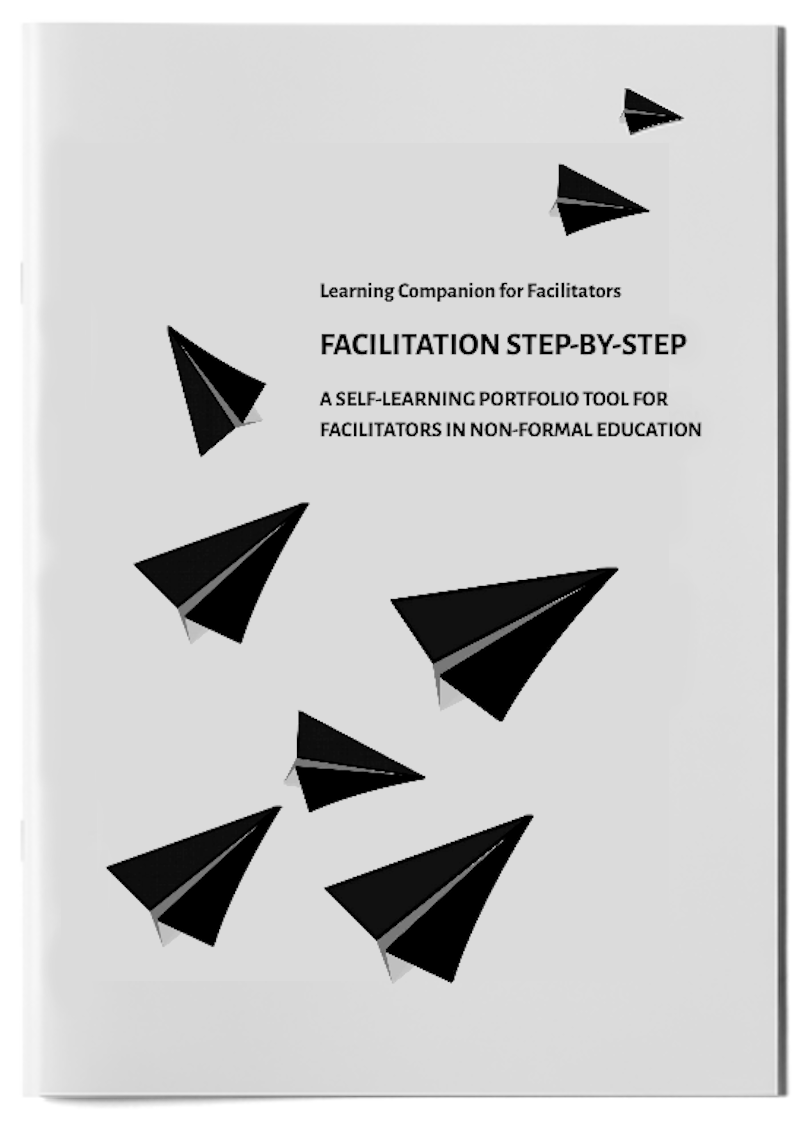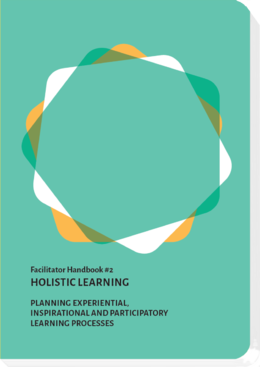|
|
| (24 intermediate revisions by the same user not shown) |
| Line 1: |
Line 1: |
| − | <div class=teaser-text>Training, teaching or youth work require specific competencies of facilitators and can be perceived as well as a learning field for facilitators. By starting to become familiar with models and approaches, gaining the ability to reflect on the concrete practice on a meta-level and connecting to others helps to increase quality, to gain motivation and to contribute to innovation in education. | + | <div class=teaser-text>Training, teaching or youth work require specific competences of facilitators and are as such a learning field for facilitators. |
| | </div> | | </div> |
| | <div class=methodpage-content> | | <div class=methodpage-content> |
| − | [[File:Quality-coordinates.png | 500px]] | + | [[File:Quality-coordinates.png | 510px | center]] |
| | | | |
| − | Extending the field knowledge and also the personal portfolio, deepening understanding of complex issues and specific expertise, or improving the reflective competence are included or presupposed in many models for training of trainers. Together they form the quality profile of education professionals. The example here shows, that personal development is a multidimensial issue also for the trainers/educators/teachers. | + | Extending the field knowledge and also the personal portfolio, deepening understanding of complex issues and specific expertise, or improving the reflective competence are included or presupposed in many models for training of trainers. Together they form the quality profile of education professionals. The example here shows, that personal development understood as extending the expertise and competence in all three directions is an issue also for trainers/educators/teachers. |
| | | | |
| | <div class=teaser-box> | | <div class=teaser-box> |
| | | | |
| − | ==Competency Frameworks for Educators== | + | ===Competence Frameworks for Educators=== |
| − | From the community library
| + | <noinclude>{{:Resources - Competence Frameworks For Educators}}</noinclude> |
| − | <noinclude>{{:Competency Frameworks For Educators}}</noinclude> | |
| | </div> | | </div> |
| | | | |
| − | ==Research and Learning== | + | ==Explorative Attitude: The Link to Research== |
| | [[File:Teachereducatorsreseqarchactive.png | right | 280px | link=https://atee1.org/wp-content/uploads/2017/04/teacher-educators-pathways-to-becoming-research-active.pdf]] | | [[File:Teachereducatorsreseqarchactive.png | right | 280px | link=https://atee1.org/wp-content/uploads/2017/04/teacher-educators-pathways-to-becoming-research-active.pdf]] |
| | The ATEE – Association for Teacher Education in Europe is promoting the idea of teachers becoming ''"teacher educators"''. A teacher educator is a person ongoing reflecting on their practice and opportunities for their own competency-development. Insofar the educator, teacher or facilitator is a key person responsible for the quality of education, because their knowledge, attitude and skills for shaping ''"fruitful combination of both research and practice"'''<ref name=ATEE>[https://atee1.org/the-association/atee-mission/ ATEE Association for Teacher Education in Europe]</ref> have a direct impact on the quality of education. | | The ATEE – Association for Teacher Education in Europe is promoting the idea of teachers becoming ''"teacher educators"''. A teacher educator is a person ongoing reflecting on their practice and opportunities for their own competency-development. Insofar the educator, teacher or facilitator is a key person responsible for the quality of education, because their knowledge, attitude and skills for shaping ''"fruitful combination of both research and practice"'''<ref name=ATEE>[https://atee1.org/the-association/atee-mission/ ATEE Association for Teacher Education in Europe]</ref> have a direct impact on the quality of education. |
| | | | |
| − | The handbook on "Teacher educators pathways to becoming research active" shows the paths and motivations of teachers to take this personal learning step. The editors' conclusion could convince to dedicate working time on thinking and exploring the educational practice on a meta-level. A more conscious work on re-shaping competency based learning environments is a big chance and motivator: ''"If we learn one thing from the four brochures that are published so far, it is that teacher educators are educational travellers. They constantly cross borders and boundaries and do so with great enthusiasm, pleasure and never failing dedication."'' | + | The handbook [https://atee1.org/the-association/atee-mission/ ATEE Association for Teacher Education in Europe Teacher educators pathways to becoming research active] shows paths and motivations of teachers to take this personal learning step. The editors' conclusion could convince to dedicate working time on thinking and exploring the educational practice on a meta-level. A more conscious work on re-shaping competency based learning environments is a big chance and motivator: ''"If we learn one thing from the four brochures that are published so far, it is that teacher educators are educational travellers. They constantly cross borders and boundaries and do so with great enthusiasm, pleasure and never failing dedication."'' |
| | | | |
| | <hr class=boldline> | | <hr class=boldline> |
| | | | |
| − | ==Facilitation Step-By-Step== | + | <div class=left-box> |
| − | [[File:Lcff.png | 300px | right | thumb | Competendo learning companion: [[Facilitation step-by-step | Download]] ]] | + | ===Facilitation Step-By-Step=== |
| − | Our learning companion for facilitators is a self-learning portfolio tool for those, that want to work on their professional development. It accompanies you during facilitation work and serves you as a documentation and planning tool. From the content: | + | [[File:Lcff.png | 280px | right |link=Facilitation step-by-step ]] |
| | + | Our learning companion for facilitators is a self-learning portfolio tool for those, that want to work on their professional development. It accompanies you during facilitation work and serves you as a self-assessment, documentation and planning tool. From the content: |
| | * Checklists and tools for self-learning | | * Checklists and tools for self-learning |
| | * Attitude and learning goals | | * Attitude and learning goals |
| Line 30: |
Line 30: |
| | * Evaluation and perspectives | | * Evaluation and perspectives |
| | | | |
| − | The idea of this learning companion is to support your self-development as a professional, to help you find your definition of a facilitator through observation, practice or individual work. What you save here represents in sum our portfolio of competences and your characteristics. The companion helps you to collect experience and makes it accessible for (self-) evaluation in a systematic way. We encourage you to write, paint, draw or however it is comfortable for you to express yourself. Beyond individual learning it might be helpful for you to include other people. Different perspectives complement the picture. | + | The idea of this learning companion is to support facilitators' self-development as professionals. What you save here represents in sum our portfolio of competences and your characteristics. It can be filled in any form, if writing, painting, drawing or however it is comfortable for you to express yourself. |
| | + | <hr class=simpleline> |
| | + | * Download: [[Facilitation step-by-step]] |
| | + | </div> |
| | | | |
| | <hr class=boldline> | | <hr class=boldline> |
| | | | |
| − | ==Competence Model for Youth Workers== | + | <div class=left-box> |
| − | [[File:CMF.png | 300px | right | thumb | SALTO Training and Cooperation: [https://www.salto-youth.net/rc/training-and-cooperation/tc-rc-nanetworktcs/youthworkers-competence-model/ Download] ]] | + | |
| − | SALTO Training developed a competence model building upon existing ideas related to learning mobility and to the competences of youth workers. Furthermore, they analyzed existing practise in international youth work. The organization came up with a competence model consisting on eight competence fields. Each field differentiates between knowledge, skills, behavior and attitude. | + | ===Competence Model for Youth Workers=== |
| | + | [[File:CMF.png | 300px | right ]] |
| | + | SALTO Training created a competence model building upon existing ideas related to learning mobility and to the competences of youth workers. Furthermore, they analyzed existing practise in international youth work. The organization came up with a competence model consisting on eight competence fields. Each field differentiates between knowledge, skills, behavior and attitude. |
| | *Facilitating individual and group learning in an enriching environment | | *Facilitating individual and group learning in an enriching environment |
| | * Designing programmes | | * Designing programmes |
| Line 45: |
Line 50: |
| | * Developing evaluative practices to assess and implement appropriate change | | * Developing evaluative practices to assess and implement appropriate change |
| | <ref name=SALTO>SALTO Youth Training and Cooperation Resource Center: Competence Model for Youth Workers to Work Internationally; [https://www.salto-youth.net/rc/training-and-cooperation/tc-rc-nanetworktcs/youthworkers-competence-model/ Download]</ref> | | <ref name=SALTO>SALTO Youth Training and Cooperation Resource Center: Competence Model for Youth Workers to Work Internationally; [https://www.salto-youth.net/rc/training-and-cooperation/tc-rc-nanetworktcs/youthworkers-competence-model/ Download]</ref> |
| | + | <hr class=simpleline> |
| | + | * Download: [https://www.salto-youth.net/rc/training-and-cooperation/tc-rc-nanetworktcs/youthworkers-competence-model/ ETS Competence Model] |
| | + | </div> |
| | | | |
| | <hr class=boldline> | | <hr class=boldline> |
| Line 50: |
Line 58: |
| | ==References== | | ==References== |
| | <references></references> | | <references></references> |
| | + | <hr class=boldline> |
| | + | <noinclude>{{:Block: Author Nils-Eyk Zimmermann}}</noinclude> |
| | + | |
| | </div> | | </div> |
| | <div class="methodpage-infos"> | | <div class="methodpage-infos"> |
| − | <hr class=simpleline>
| |
| − | [[File:Created-by.png | 20px | Created By ]] [[User:Nils.zimmermann | nez]]
| |
| | <hr class=simpleline> | | <hr class=simpleline> |
| | ===Related:=== | | ===Related:=== |
| − | *[[The Facilitation Mindset]] | + | *[[Before]] |
| | <hr class=simpleline> | | <hr class=simpleline> |
| | + | |
| | ===Also interesting:=== | | ===Also interesting:=== |
| | *[[Competencies for Educators]] | | *[[Competencies for Educators]] |
